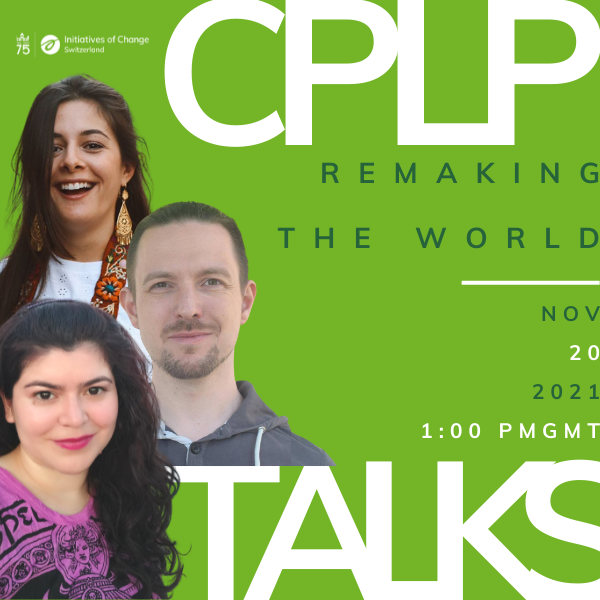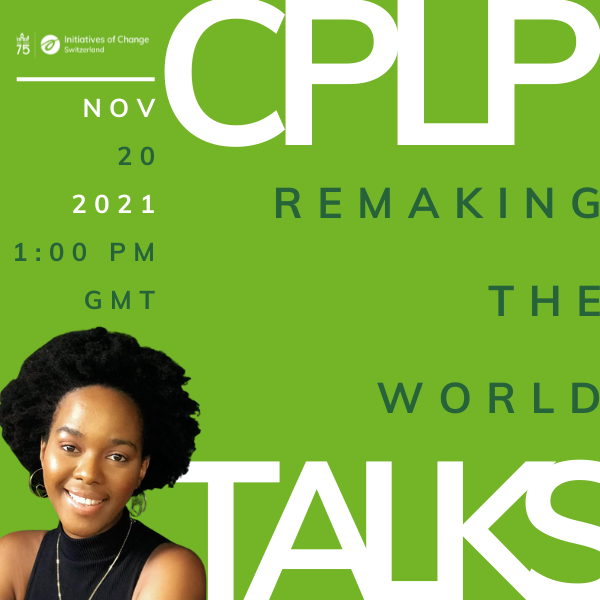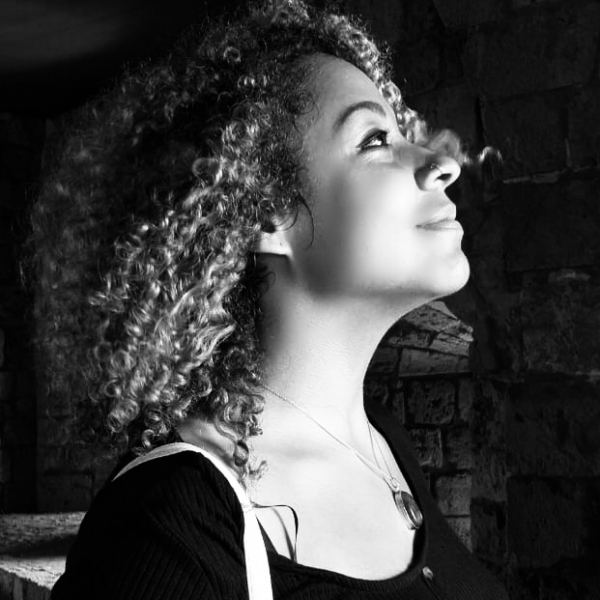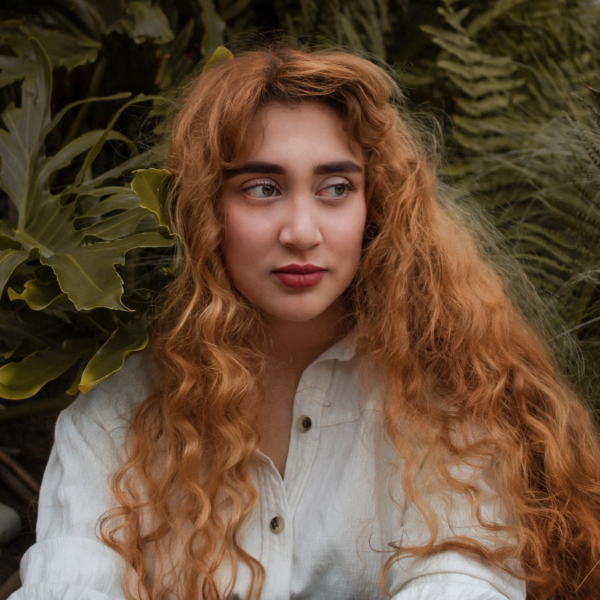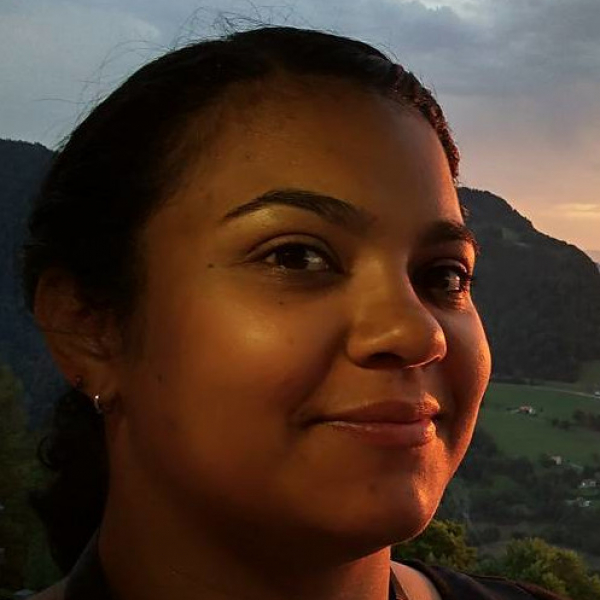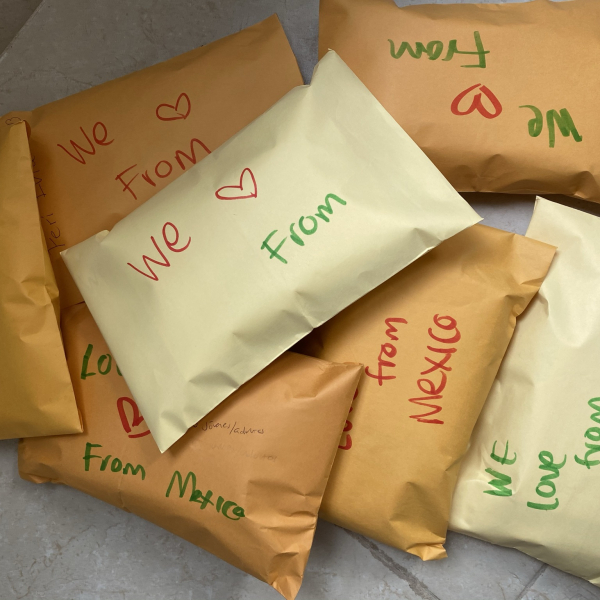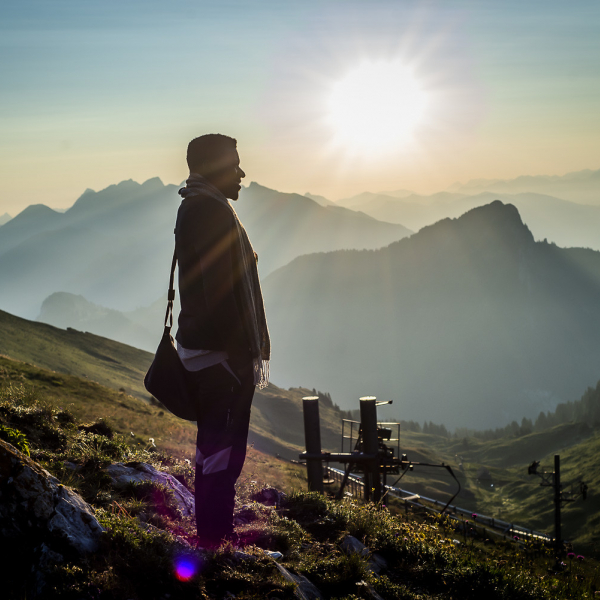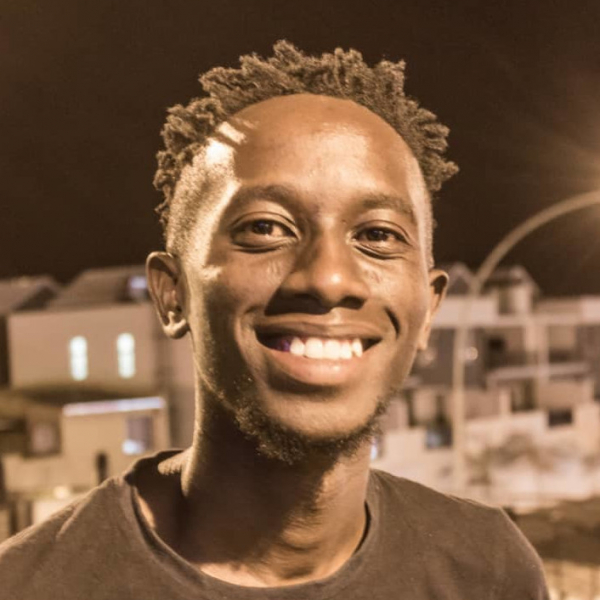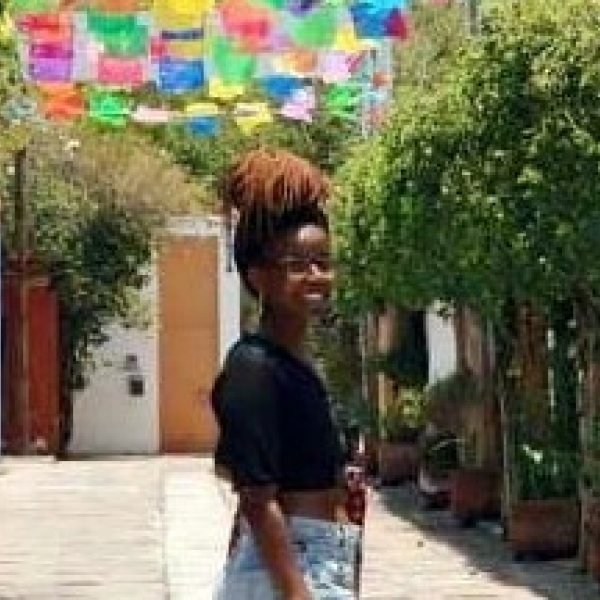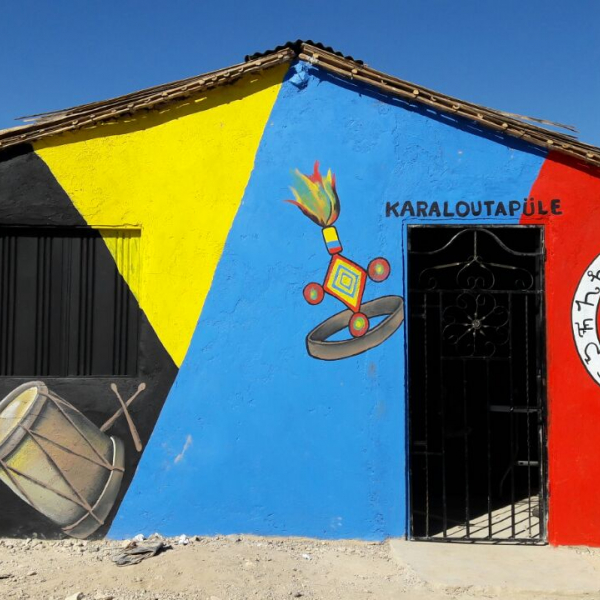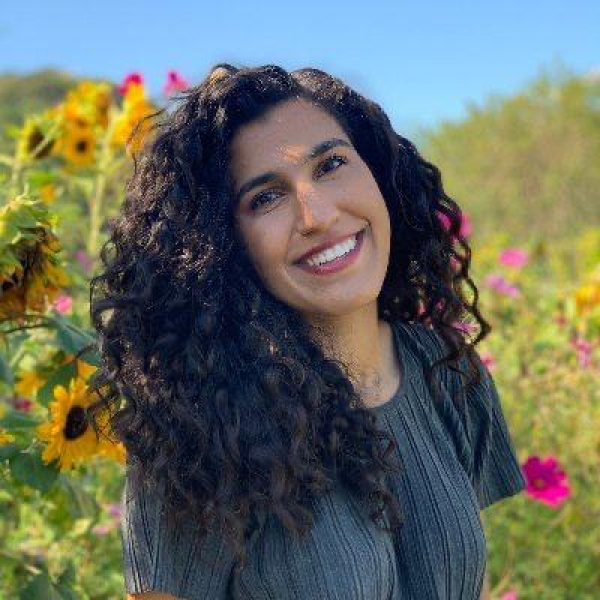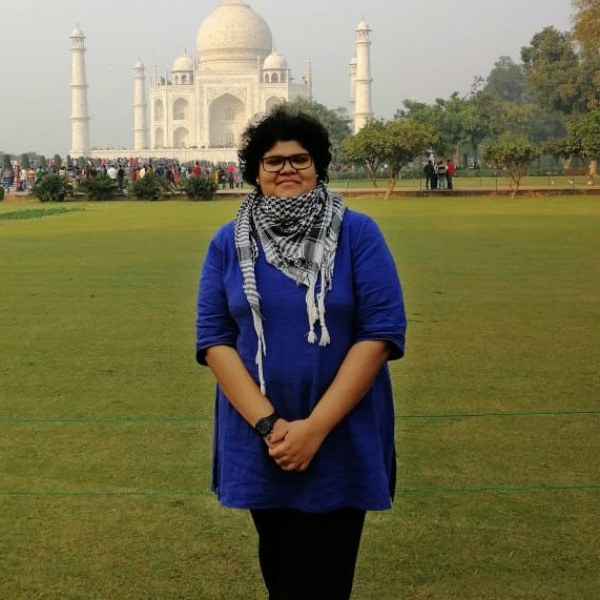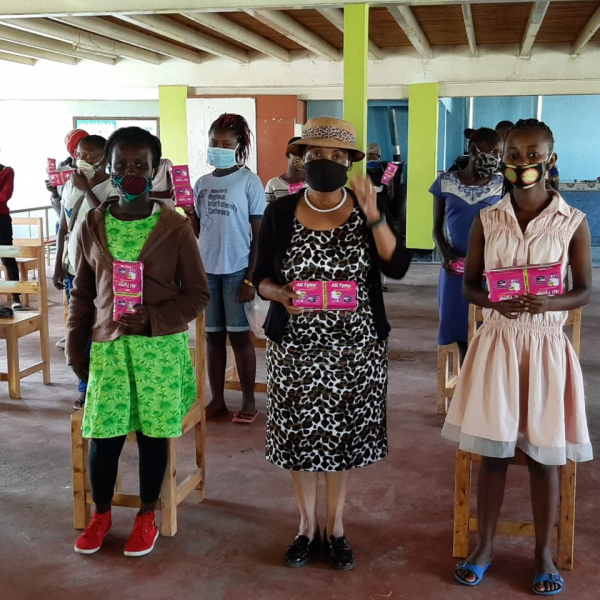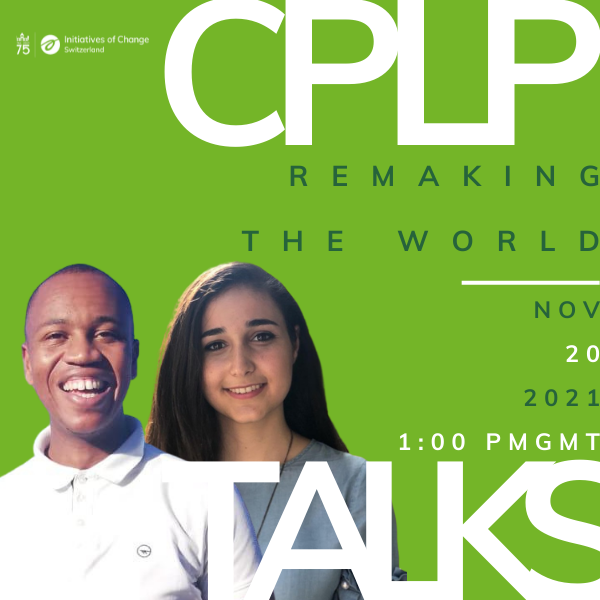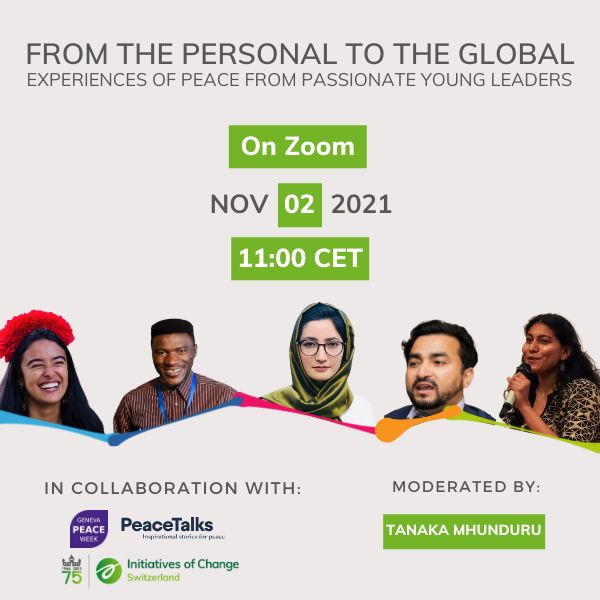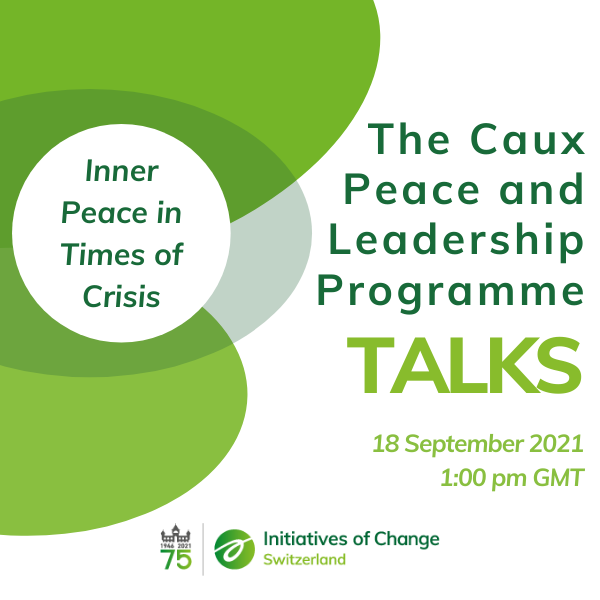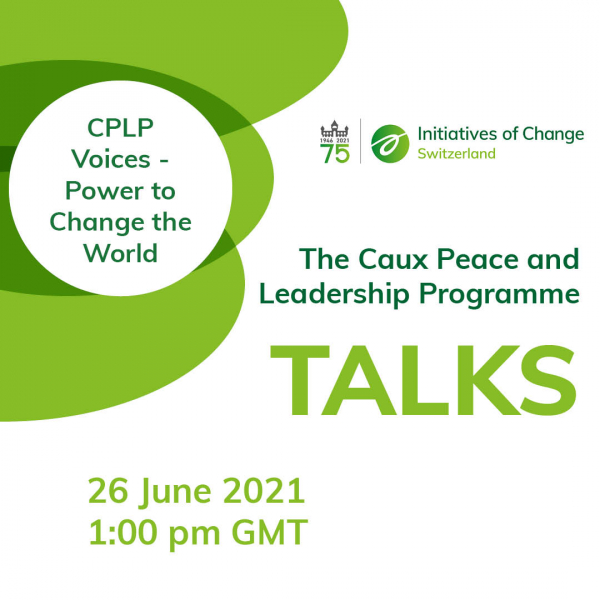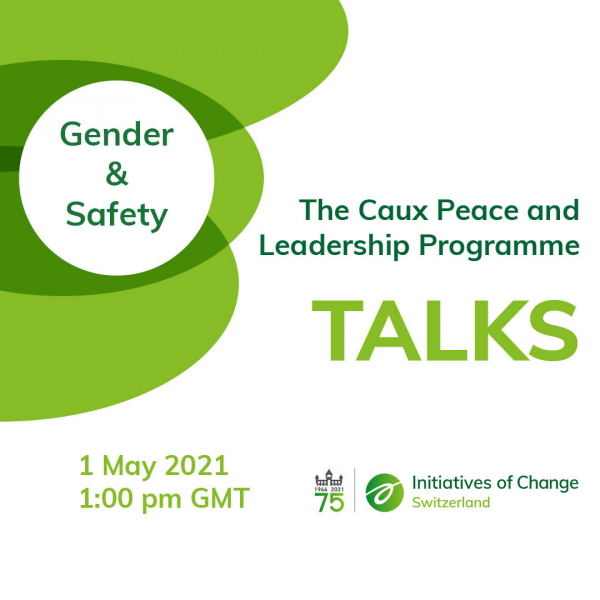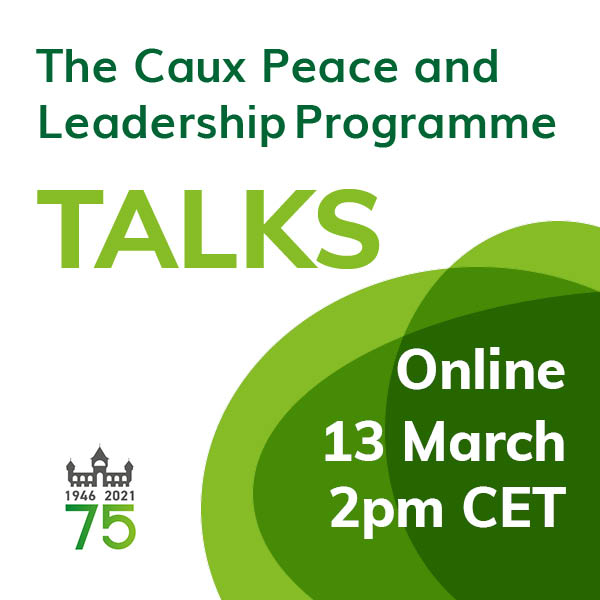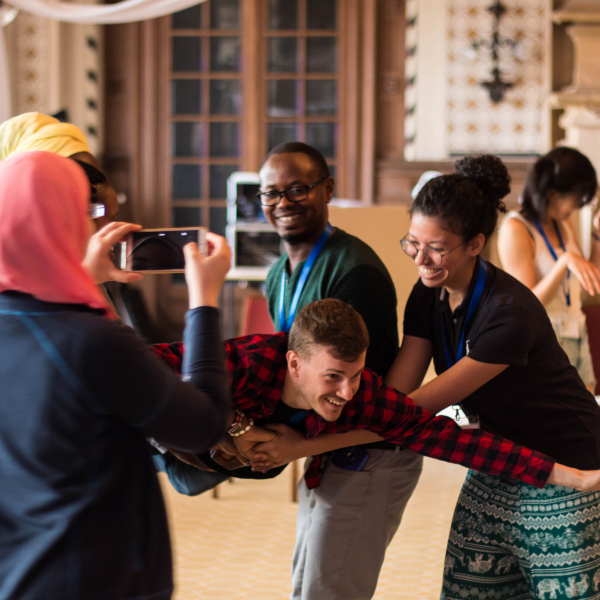Culture, origins and freedom
05/01/2021
Sebastian Hasse grew up near the former border between West and East Germany during the period of reunification and reflects on culture, emotions and their impact on our lives.
Whenever I want to write about my cultural roots, the same feelings rise up in me – reluctance and suppressed anger, unlived grief and helplessness. For as long as I can remember, I have been trying to free myself from my origins, which have given me so much on the one hand and denied me so much on the other.
I grew up in a ‘patchwork family’ in a medium-sized town in West Germany, near the border with East Germany. Patchwork families – which include children from the parents’ previous marriages – were not so common back then. We were a very middle-class household where the father earned the money and the mother was a housewife. My four sisters and I attended a traditional old-style grammar school. From early on, I had difficulty identifying with it. I was more enthusiastic about the musical theatre after-school group and I met my first girlfriend during a German-French school exchange.
German reunification was the central political and cultural event of my childhood, both in the sense of a social challenge and on the family level. My stepmother, who had looked after me since I was about two, came from East Germany. She had spent two years in prison there as a political prisoner but we never really talked about it at home.
From my point of view we also didn't really talk about feelings. That didn't mean that there were no feelings or that I wasn't loved. But I don't remember receiving the support I needed in many emotionally difficult situations. Today I know that my parents and teachers were unable to offer this because the generations before them had simply never learned how to. These generations had lived through, and been responsible for, two world wars.
Every imprint is a cultural imprint. Culture is all-encompassing. The people who shape you cannot escape their own cultural imprint any more than you can. It is unfair that you cannot change what has shaped you, especially in early childhood. It hurts you and holds you back. Freeing yourself is literally a lifetime’s task.
These encounters [...] have allowed me to keep growing, both in my self-understanding and in my curiosity about the world.
In doing this work on myself, I have always felt in good hands in Caux. I have almost exclusively met people there who valued and aspired to this liberation as much as I did. Later I understood that this feeling is not limited to Caux – it just meets you there in a very concentrated form. Nevertheless, I cherish every single moment I was able to spend there within the framework of the Caux Forum conferences and the Caux Peace and Leadership Programme.
Time and again, these encounters with people who have different cultural roots from me have challenged and often overwhelmed me. But it is these encounters that have allowed me to keep growing, both in my self-understanding and in my curiosity about the world. They have shown me what I already possess and what I still lack. They have given me pride in my origins and made me feel despair about all that I lacked in my childhood. And it is precisely these intercultural encounters that make me feel the joy of life most intensely.
Sebastian Hasse's career path has been serpentine. He started out studying Computer Science in his hometown, Lübeck. Realizing that this diploma did not make him happy he followed an acting career, changed to filmmaking and finally returned to IT as a consultant in the family business. He is first chairperson of a small volunteer-based NGO in Berlin which focuses on non-formal education for young adults in Central- and Eastern Europe. Through several international encounters over the years, he found his way to IofC and Caux. This inspired him to train in mediation and to be part of the Caux Peace and Leadership Programme in 2019. Sebastian loves stories and believes that paradoxes and contradictory perspectives are an essential part of human life.
___________________________________________________________________
If you would like to take part in an online conversation on Saturday, 23 Januray 2021 at 13:00 GMT on the topic of culture, with other Alumni of the Caux Peace and Leadership Programme, you can sign up here! After registering, you will receive a confirmation email telling you how to join the meeting.
Please read the terms and conditions here.
Find out more about the CPLP Talks here.
Find out more about the Caux Peace and Leadership Programme.



